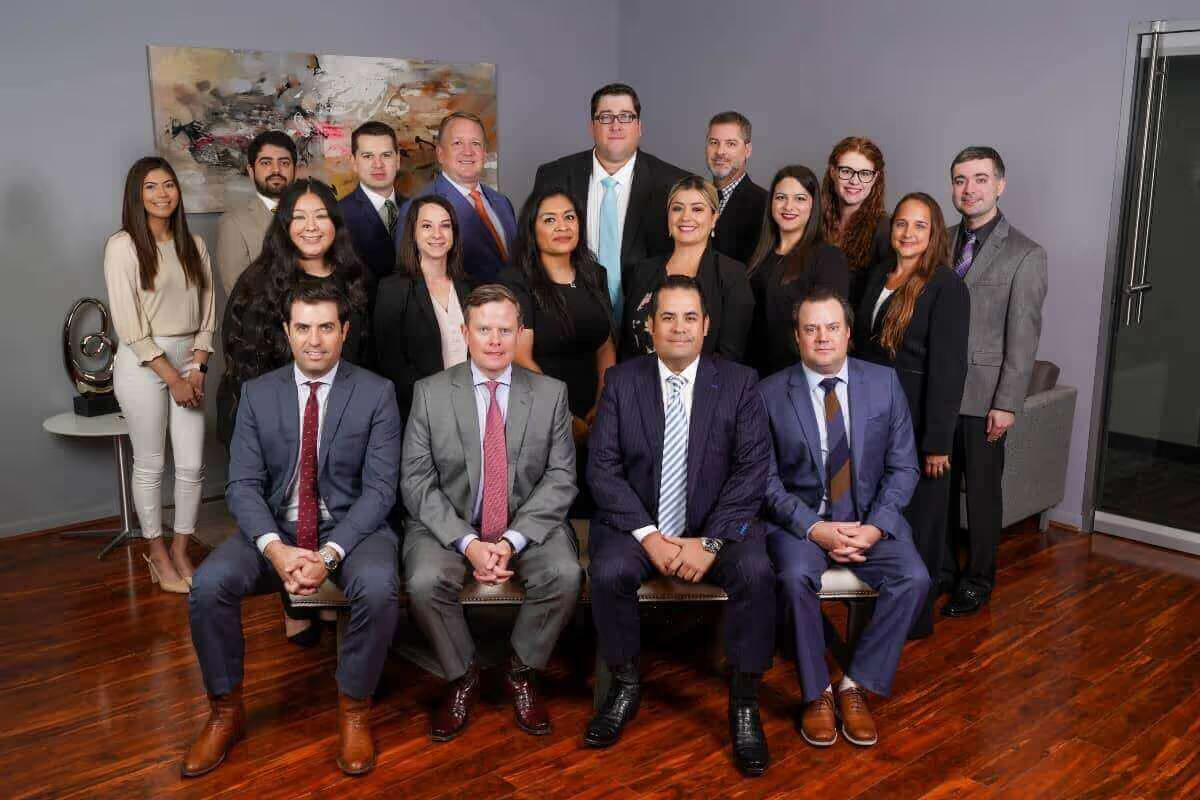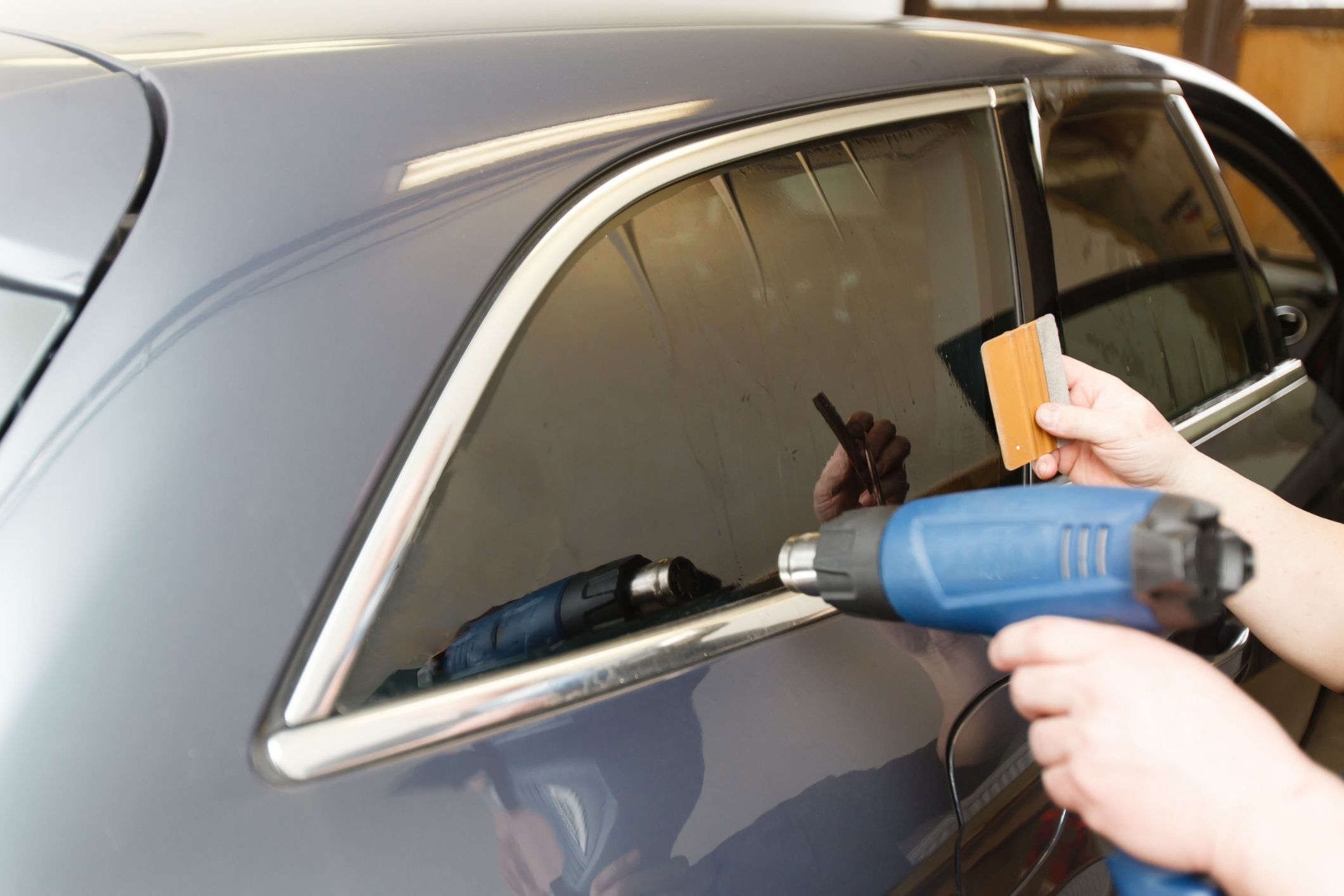Who Is Responsible for Self-Driving Car Accidents?
Hiring a lawyer is the first step towards recovering a better quality of life. At Osborne & Francis, we devote our undivided attention to each client, and all communications are held in the strictest privacy. Contact us by filling out the form or calling us directly at (561) 293-2600.
By Pierce | Skrabanek
Published on:
July 12, 2023
Updated on:
April 7, 2024

.avif)
.avif)

.avif)
Self-driving cars are becoming increasingly common on the road, and with that comes a new set of legal questions. Who is liable if a self-driving car causes an accident?
In a conventional car accident, the at-fault driver is typically held liable for the damages caused by an accident. However, self-driving cars are not solely operated by drivers in the traditional sense. Instead, they are controlled by a complex system of sensors, cameras, and software. As a result, it can be difficult to determine who is at fault in a self-driving car accident.
There are a few potential defendants in a self-driving car accident, including the car manufacturer, the software developer, or the owner of the car. This depends on where the negligence occurred, and may only be known after a full investigation takes place.
If you need an experienced car accident attorney to help you investigate the cause of a self-driving car crash, contact Pierce Skrabanek at (832) 690-7000 to discuss representation. Although the technology is new, the responsibility to safely obey the rules of the road has not changed. If you were injured in a self-driving car accident, you have the right to pursue full compensation for your pains and losses.
Who Is Responsible in a Self-Driving Car Crash?
After a significant car accident, an investigation will take place and responsibility will be assigned. Here is who may be held liable in a self-driving car accident:
- The occupant of the self-driving vehicle: Someone operating a self-driving car is not exempt from responsibility after a crash, even if the autopilot was in control at the time of the incident. Drivers must stay alert, undistracted, and ready to intervene should the self-driving vehicle fail to maintain safety.
- The manufacturer of the self-driving car: If the accident was caused by a defect in the car's design or manufacturing, the manufacturer could be held liable under product liability law. This could mean that the car was not properly designed to avoid accidents, or was not manufactured to a high enough standard.
- The software designer of the self-driving technology: If the onboard computer cannot detect a pedestrian when they’re outside of a crosswalk, this could be a failure of the software programming. If the software is not upgraded with necessary safety features, this too could be a software liability issue.
Also remember that the driver of another vehicle could be at fault in a self-driving car accident. For example, if a self-driving vehicle hits you because another driver illegally stopped in front of the self-driving car, the liability may not be with the self-driving car, operator, or technology, but with the manual driver who broke the traffic law.
Automobile manufacturers will want to protect their reputation and the promise of their self-driving technologies after an accident. You need a lawyer who can help hold automakers accountable to the facts — if their hardware or software caused or contributed to the damages of a crash, they should be responsible for the compensation you’re owed. Contact Pierce Skrabanek at (832) 690-7000 for representation.
How Many Self-Driving Car Accidents Per Year? (Statistics)
There have already been hundreds of accidents involving self-driving technologies, resulting in multiple deaths and instances of serious injury. Here are important self-driving car accident statistics:
- Tesla vehicles accounted for 70% of the accidents in a one-year period, with Autopilot, Full Self-Driving mode, or a component of its self-driving tech active in 273 of 400 overall crashes.
- The leading causes of autonomous self-driving accidents are when the vehicle doesn’t stop on time, or can’t properly gauge the distance between itself and the car in front of it.
- There were six deaths and five serious injuries due to accidents involving self-driving technologies in one recent year. In these instances, families must pursue a wrongful death or personal injury lawsuit to secure justice.
All autonomous vehicles currently available to consumers in the U.S. require the driver to be ready to take control of them if necessary. This means that although self-driving system glitches play a part in each of these wrecks, human error is still ultimately to blame when the occupant of a self-driving car doesn’t monitor the vehicle’s movements.
Your attorney from Pierce Skrabanek can help determine how much responsibility is owed by all negligent individuals or entities in your case.
What Is the Self-Driving Car Accident Rate Compared to Manual Vehicles? (Ratio)
According to federal regulators, the self-driving car accident rate is higher than that of human-driven vehicles, with 9.1 accidents per million miles driven compared to 4.1 for manually operated vehicles.
The most common type of self-driving car accident is a rear-end collision. Rear-end crashes frequently cause injuries like whiplash, neck, spine, and back damage. They also endanger any passengers in the back seat (like children), and cause family vehicles to be totaled, leading to the increased hardship of finding alternative transportation.
Your injuries, financial losses, and property damage can be accounted for in a lawsuit involving a self-driving vehicle. You can also sue for non-economic damages like pain and suffering, and the time spent in dealing with the consequences of an autonomous car accident.
Contact Auto Accident Attorneys for Self-Driving Car Cases
The issue of liability in self-driving car accidents is complex and multifaceted. As technology continues to evolve and become more prevalent on our roads, it is important for lawmakers, manufacturers, and consumers to work together to establish clear guidelines and regulations for determining fault in the event of an accident.
Pursuing an injury lawsuit after a crash with a self-driving car is first and foremost about securing the funds you need to heal and replace your property. However, by seeking justice for your family, you also help raise the bar for safety standards by holding autonomous car manufacturers accountable.
Self-driving cars could make our roads safer in the future, assuming there is responsible development and deployment of this technology. Currently, self-driving cars are introducing unproven technologies to the open road, where individuals, commuters, and families are going about their lives.
Contact Pierce Skrabanek at (832) 690-7000 for legal representation after a self-driving car accident. In the face of changing technology, your rights regarding safety on the road remain the same, and must be respected.




